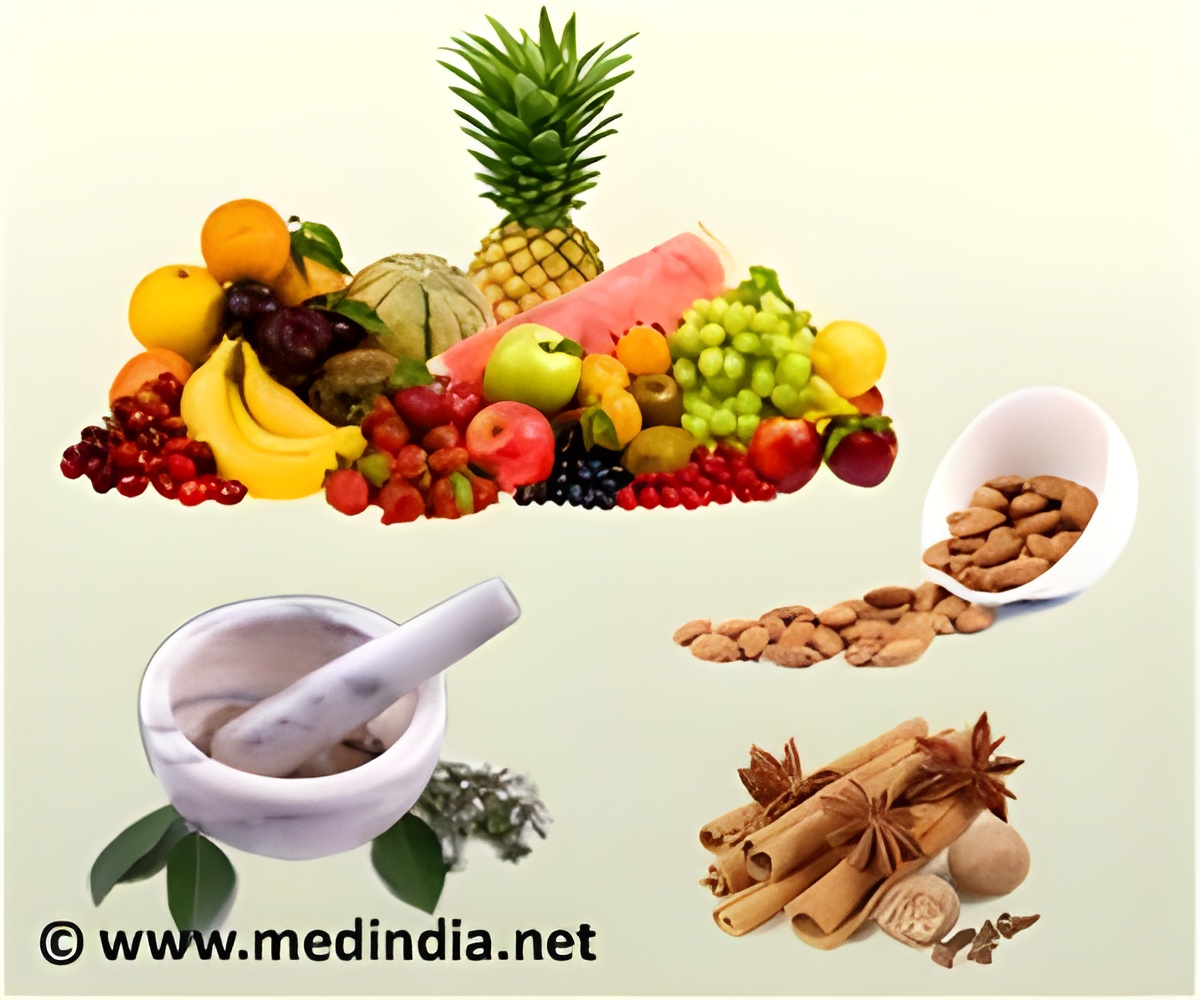Researchers have confirmed that levels of certain antioxidants in the blood may affect the risk of developing dementia and here is the full news regarding it.

Antioxidants Against Dementia
Antioxidants are natural or man-made substances that can prevent or delay some types of cell damage. They are found in many fruits and vegetables, and also in dietary supplements. Some of them are beta-cryptoxanthin, lutein, zeaxanthin, lycopene, selenium, Vitamin A, C and E, and so on.‘People with higher levels of lutein and zeaxanthin were less likely to develop dementia than others.’





Lutein and zeaxanthin are antioxidants found in green, leafy vegetables such as kale, spinach, broccoli and peas. Beta-cryptoxanthin is found in fruits such as oranges, papayas and persimmons. A study found that people with higher levels of these antioxidants in their blood were less likely to develop dementia decades later than people with lower levels of the antioxidants.“Extending people’s cognitive functioning is an important public health challenge,” said study author May A. Beydoun, PhD, MPH, of the National Institutes of Health's National Institute on Aging in Baltimore, Maryland. “Antioxidants may help protect the brain from oxidative stress, which can cause cell damage. Further studies are needed to test whether adding these antioxidants can help protect the brain from dementia.”
Research Study for Dementia Presence
The study involved 7,283 people who were at least 45 years old at the start of the study. They underwent a physical exam, an interview and blood tests to measure antioxidant levels at the start of the study. They were then followed for an average of 16 years to see who had developed dementia.The participants were divided into three groups based on their blood antioxidant levels. People with higher levels of lutein and zeaxanthin were less likely to develop dementia than others. For every standard deviation increase in lutein and zeaxanthin levels, approximately 15.4 micromols/liter, participants' risk of developing dementia decreased 7%. The association was even stronger for beta-cryptoxanthin; every standard deviation increase in levels, approximately 8.6 micromols/liter, was associated with a 14% reduced risk of dementia.
“It’s important to note that the effect of these antioxidants on the risk of dementia was reduced somewhat when we took into account other factors such as education, income and physical activity, so it’s possible that those factors may help explain the relationship between antioxidant levels and dementia,” Beydoun said.
The limitation of the study that has been conducted is that the antioxidant level was based on one measurement of blood level only and may not reflect levels of people over their lifetime.
Advertisement












